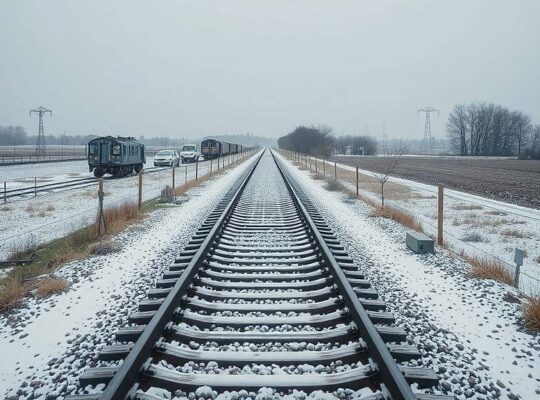A significant majority of German citizens now anticipate the collapse of the current governing coalition before the scheduled end of the legislative period in 2029, according to a recent poll conducted by the Institute for Opinion Research (Insa) and published by “Bild”. The survey, carried out between November 6th and 10th, 2024, reflects growing unease and political volatility within the government.
The poll reveals that 54% of respondents believe the coalition, comprised of the Social Democratic Party (SPD), the Green Party and the Free Democratic Party (FDP), will not last until 2029. Only 29% express confidence in the government’s longevity, while 17% remained undecided or declined to answer.
The findings highlight a stark partisan divide in expectations. Notably, only supporters of the center-right CDU/CSU bloc harbor a significant belief (54%) that the coalition will endure. Conversely, a much larger proportion of SPD voters (43%) foresee a premature end to the government due to internal disagreements and policy clashes.
The most pessimistic outlook originates from supporters of the far-right Alternative for Germany (AfD), where 78% anticipate a coalition break-up, signaling a profound lack of confidence in the established political order. Green Party voters also display considerable skepticism, with 45% predicting an early collapse. Even amongst Left party voters, a majority (55%) expect a similar outcome.
These findings underscore the precarious nature of the governing alliance. While the coalition has managed to navigate several challenges, persistent policy disagreements, particularly concerning economic policy, energy transition and immigration, have fueled speculation and eroded public faith. The diverging expectations among different voter groups points to a potentially profound crisis of confidence in the ability of the current government to deliver on its mandate, raising questions about the stability of German politics and the long-term consequences for policy implementation. The survey’s results suggest a government increasingly reliant on managing expectations rather than forging a unified path forward.












